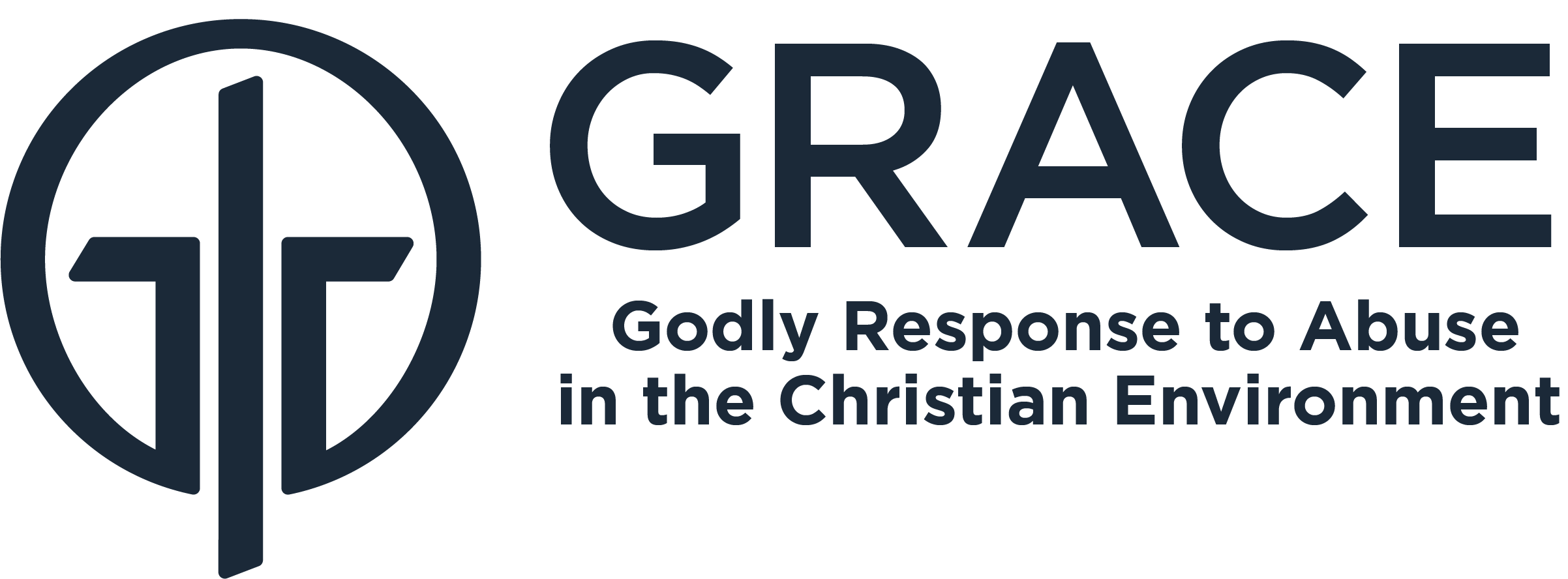Sexual Abuse and the Distortion of Worship, Part One
By Andrew Schmutzer
There’s another form of trauma from sexual abuse (SA), and one poorly addressed—the bitter upending of one’s faith. “Where was that sovereign God?” “Where were those guardian angels?” “Where are the empathetic people of God willing to listen to my story?” Have you seen this phenomenon or maybe lived it? This is especially traumatic for children in their developmental years, abused by familial and spiritual authorities. I would argue that this fracture of faith is the saddest of SA outcomes for survivors who claimed any faith to begin with. God may be retained for some survivors, but it’s a passive God that remains—a detached and dethroned deity. How do you worship a (“male”) God who did not prevent the plundering of an innocent, vulnerable child? It’s not just female survivors that struggle deeply to worship this God.
This is standard “fallout” for survivors of SA, in large part because the “absentee deity” is the new narrative that greets them at every turn in: the politics of violence, secular therapy offices, internet sites, angry support group leaders, and the sacred silence of the church. Many survivors, steeped in perfectionism and hyper-vigilance may cling to some form of God—or androgynous “cosmic sacrament”—but the profound spiritual estrangement that now exists between their lived-experience and God stifles any meaningful worship. This loss of worship is directly tied to religious community. As a survivor myself, this collapse of worship among survivors greatly concerns me. As a theologian, I must speak into this.
In part, the specialization in current professional training means that neither counselor nor pastor is adequately educated to address this hybrid of social-theological trauma. Can worship be restored in a twelve-week program? The populist social conviction is that religious systems are inherently flawed, especially those that smack of patriarchy. Is this a stereotype, science, or theology? The need for holistic address of faith and trauma has never been greater—that is my point. But what has happened to religious faith in universities? Where is trauma addressed in seminaries? From one end of the educational spectrum to the other, either God is protected and the victim largely ignored, or the victim takes center stage and God has to walk. It’s likely we’ve all witnessed these extremes. One thing we as professionals must increasingly model is how to disagree at a higher level, valuing inter-disciplinary dialogue in our papers, books, societies, and the classroom. How are therapists or ministers trained to address theological trauma—a whole other kind of healing is necessary! Whenever survivors write off organized faith and their worship dries up, hope will be put in something else, but political platforms aren’t spiritually nourishing.
Why have we separated “finding one’s voice” from “reviving one’s worship?” Understanding how the sin-portfolio operates in sexual abuse goes a long way to helping us understand why survivors struggle so much to worship and talk to God. Sin has its own life cycle, its own environmental logic that moves from: (1) the act, (2) through the resulting guilt, (3) to the perversion that is brought to others as a consequence. As Cornelius Plantinga states it: “[M]oral evil is social and structural as well as personal: it comprises a vast historical and cultural matrix” of derived effects—“we both discover evil and invent it; we both ratify and extend it” (Not the Way It’s Supposed to Be, 5).
Corruption and evil leads to pollution in the web of relationships and beliefs, and now the distortion of worship becomes more apparent: pollution corrupts by addition, failing to keep apart what should not be mixed. The polluting effect of sin inhibits worship through idolatry. “In idolatry a third party gets in between God and the human person, adulterating an exclusive loyalty” (Ibid, 44). For survivors of SA, the new abusive dynamic compromises the intended relationships by contaminating individuals, severing communities, and so defiling the victim’s proper orientation to God. Third parties are always wedge-shaped (Ibid, 45). As Alistair McFadyen observes: “Sin is therefore living out an active mis-relation to God…so the grounds for genuine joy, are blocked” (Bound to Sin, 149).
Understanding how worship can be disoriented for victims of abuse means helping them wade through the contaminating and toxic effects of sin—whether as self-idolatry or other-idolatry. Both self- and other-idolatry have their unique presentations and addictions. Caring for the abused requires us to bring counter-dynamics into their relational ecosystem. Appropriate healing services for abuse survivors instinctively understand the need for such things as: (1) naming and story-telling, (2) liturgies and memorial, (3) individual safety and corporate grief, (4) and acknowledgement of personal pain and Jesus’ own suffering. These are vital inroads to reawaken the worship of those sitting in silence and suffering from complex PTSD they can’t even explain. What they do know is that their metaphors for God have been crushed. We must help them find new metaphors for God, new rituals, and new vocabulary. To heal a survivor is to restore a community. Healing may take time, even a lifetime. But a survivor’s worship can be renewed and even strengthened by the Good Pardoner and Great Physician. That said, healing from abuse cannot be scripted. And reviving a survivor’s worship may be the most precarious stretch of their healing journey. Many wounded leave the path right here, at the juncture of joy.
Andrew Schmutzer teaches classes in Hebrew language and Old Testament Theology at Moody Bible Institute and is an adjunct instructor at Wheaton College. He is an associate member of the Trauma & Transformation project (McGill University), a contributing editor of Edification, and a co-founder of a support group for abuse survivors called CHAI (Courageous Healing of Abuse and Isolation). He recently edited the book The Long Journey Home: Understanding and Ministering to the Sexually Abused. He desires an inter-faith dialogue to develop faith-based healing for survivors and (inter-)national policies against sexual abuse.
This article was previously published in Soul and Spirit. Used with permission.

